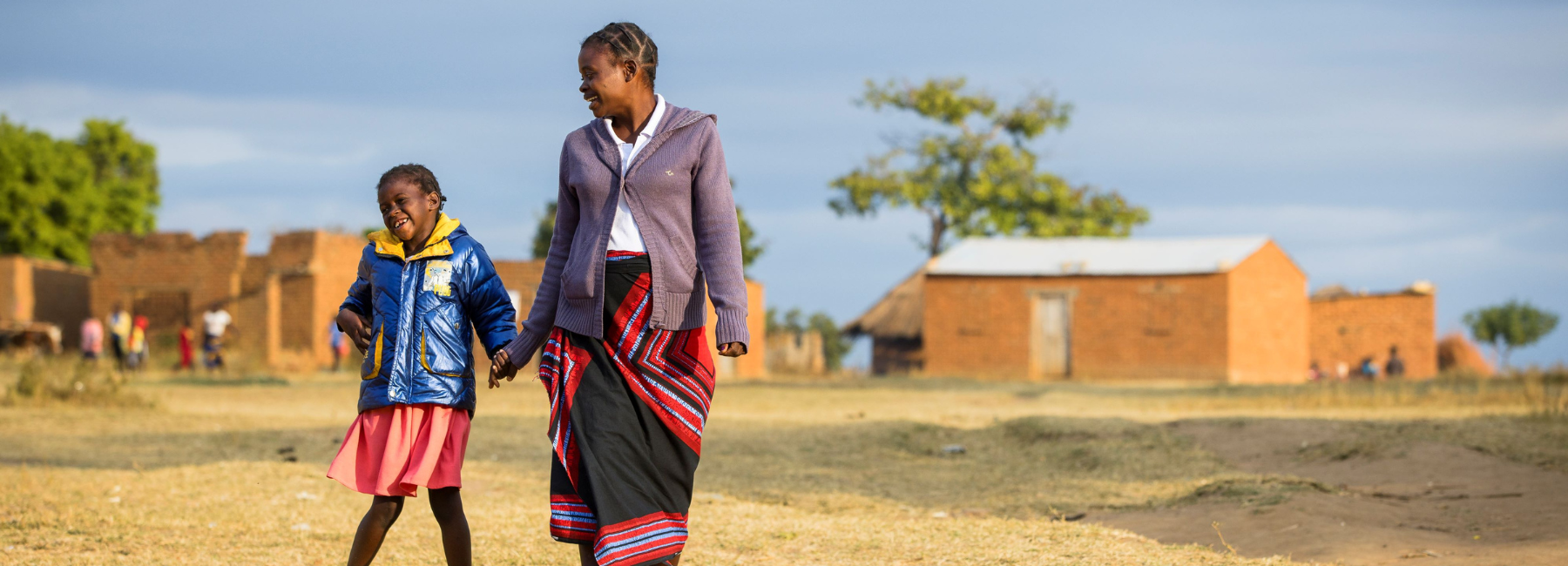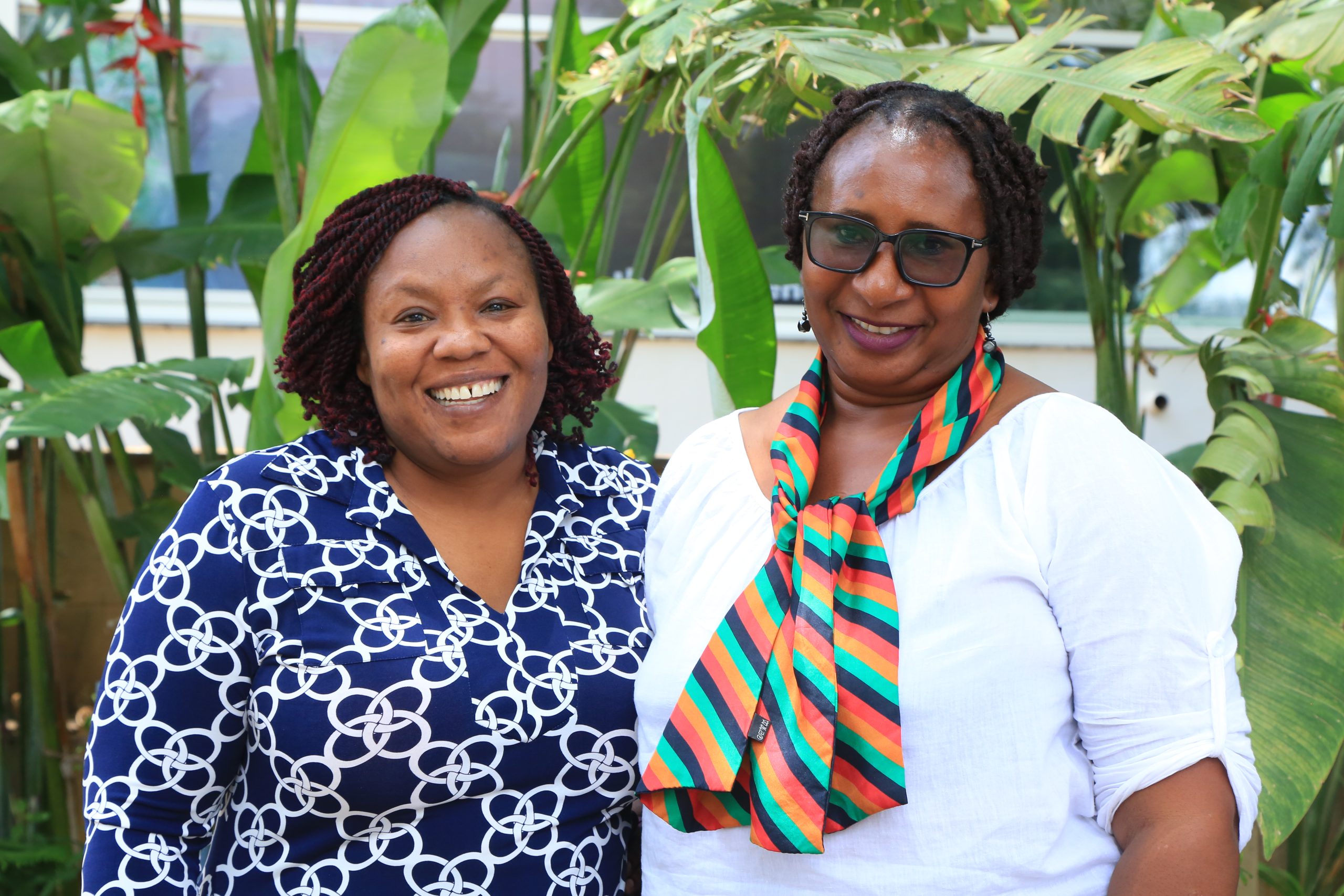Network members
- Uganda Society for Disabled Children
- Action Network for the Disabled
- The Action Foundation
- Child Support Tanzania
- Uwezo Youth Empowerment
- Parents of Disabled Children Association of Malawi
- Federation of Disability Organisations in Malawi
- Zambia Association of Parents for Children with Disabilities
- Zimbabwe Parents of Handicapped Children Association
Useful links
Zambia Association of Parents for Children with Disabilities is a membership organization made up of parents of children and young people with disabilities to advocate on their behalf.
ZAPCD seek to promote and protect the social inclusion, human rights and fundamental freedoms of children and young people with disabilities.
ZAPCD are a key member of Zambia Federation of Disability Organisations (ZAFOD), a partner of Standard Chartered Bank, which is a legally constituted national umbrella organization for disability organizations in Zambia. ZAFOD has a long history of work in the legal reform and human rights sectors with a membership of 12 organizations and ZAPCD realise a shared goal of advocating for the promotion and protection of the rights of persons with disabilities.
Find out more about ZAPCD
Visit SiteTogether with ZAFOD, ZAPCD shares a vision of a society where persons with disabilities enjoy equal rights and opportunities that are generally available in society and are necessary for the fundamental rights including education, employment, health, housing, financial and personal security. ZAPCD has delivered projects focused on supporting the employment of young people with disabilities in partnership with Sani Foundation, a program that primarily supported youth with intellectual impairments.
Able Child Africa and ZAPCD came together in partnership in 2020, and have worked together to understand the barriers children with disabilities in Zambia face when accessing inclusive education, through a three-year Early Learning Program funded by the Vitol Foundation. ZAPCD were one of the founding members of the Able Child Africa Network in 2023.






